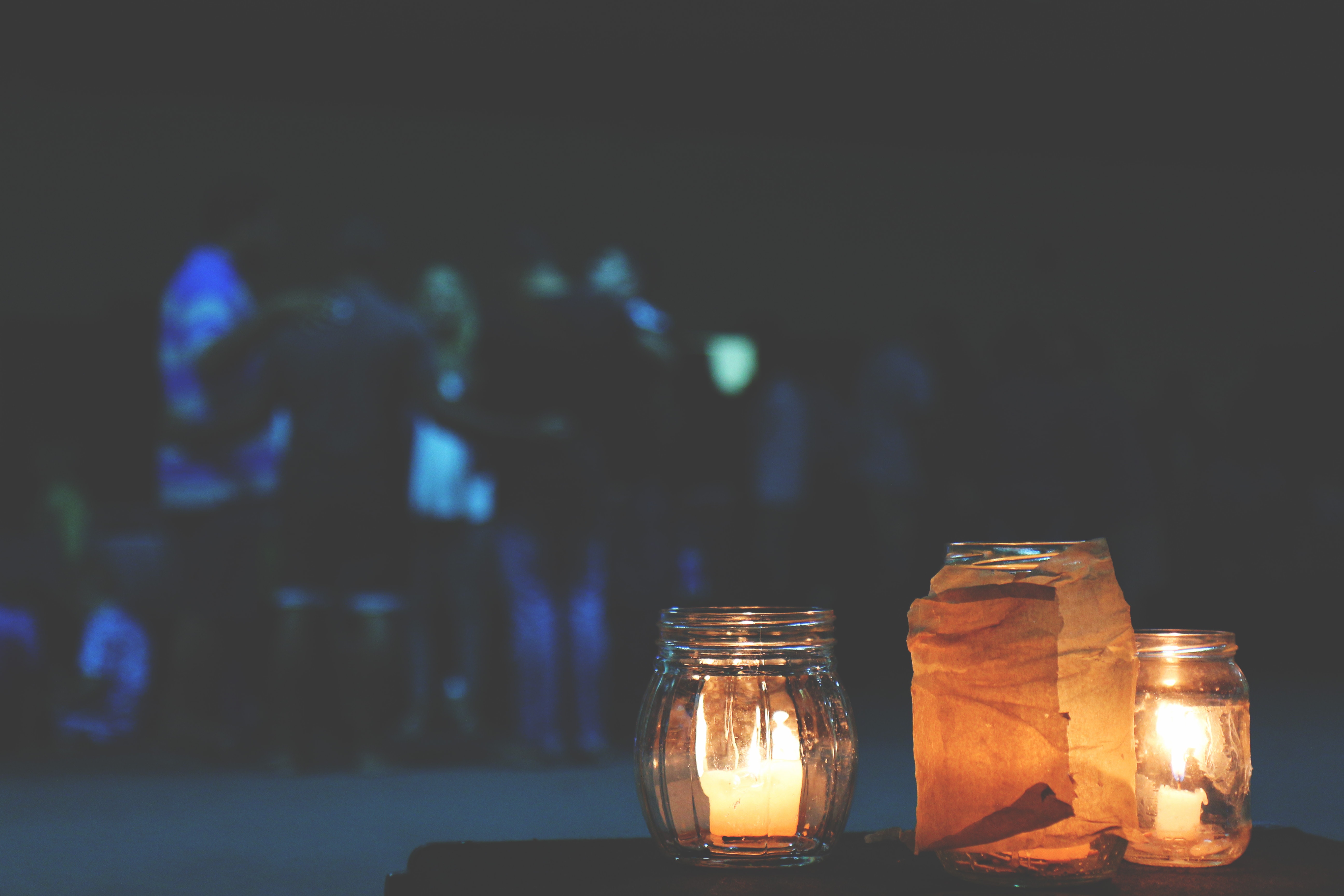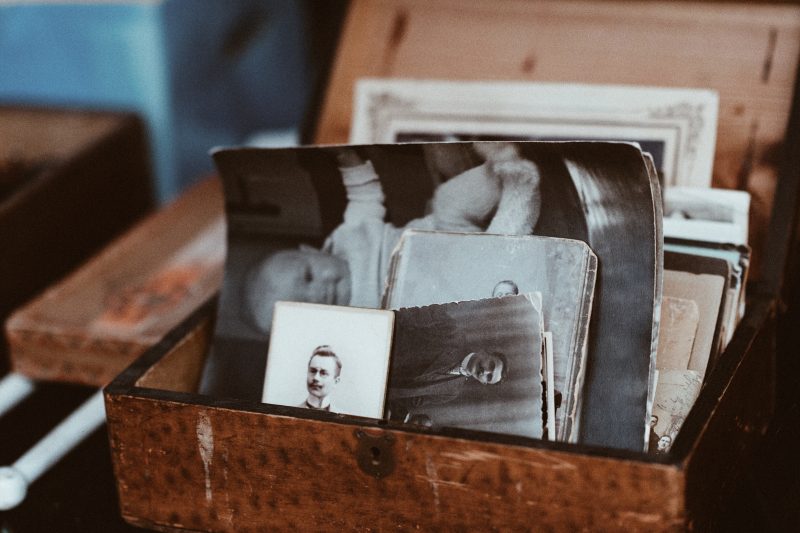Grief is a funny thing. Sometimes there is an obvious cause. Someone you love has died, you have lost your job, or your home. Other times it can be much harder to identify.
There are many other things that can be causing low level chronic grief. For example, a family member might be ill, and you have been through a prolonged period of stress caring for them. You might have left your home country and be feeling home-sick or displaced. Your relationship with your partner has broken down. Or you might just be experiencing a number of smaller disappointments- your children are not living up to your expectations, and even you are not living up to your expectations of yourself.
Indigenous ways of dealing with grief
In the West we are not good at talking about our grief or expressing it. It is still quite taboo, and we are expected to either just get on with it, or “be positive” . In indigenous cultures there are many rituals around death that help to release it. Grieving collectively as a family and community is also seen as an aid to help the one who has died pass over into the otherworld. Otherwise their soul remains stuck here on earth.
Creating a ritual
I really love the idea of creating of a ritual around the loss. I have found that burying small stones in the earth, throwing them into the sea, or burning photographs or words in a fire ceremony have definitely helped me to connect and release my grief. It doesn’t matter how long it’s been after the event, it is still possible to do this.

Suppressed grief can lead to depression, anxiety or other health issues
The trouble comes in when we suppress it. It is one of the most common things I see in my clinic. Suppressed grief can show up as insomnia, anxiety, depression, painful periods, disappearance of menstrual cycle, back pain and more. When we suppress emotions they can move into our physical bodies and cause pain. The emotions can literally get stuck in our tissues.

“The issues are in the tissues” Rachel Fairweather
Both homeopathy and massage bodywork are excellent at helping release the emotions. In many cases the homeopathic remedy Ignatia 30C 1 pill taken once a day for 3 days would help with acute grief. You can also safely give this to your whole family while they are going through a bereavement to help the process. If however, this has been going on for some time, or if symptoms don’t resolve after this , you need to see a qualified homeopath to get more accurate help.
There are many amazing health benefits to shedding tears including releasing stress hormones and producing the “feel good” hormones endorphins.
If any of this resonates with you, or if you are curious to find out how homeopathy can help with the grieving process do get in touch. You can book a free 30 minute exploratory call with me by clicking the link here, or emailing me on adi@project1-9j9yww6zui.live-website.com. You can also keep in touch with me by signing up to my newsletter below or following me on facebook.






0 Comments